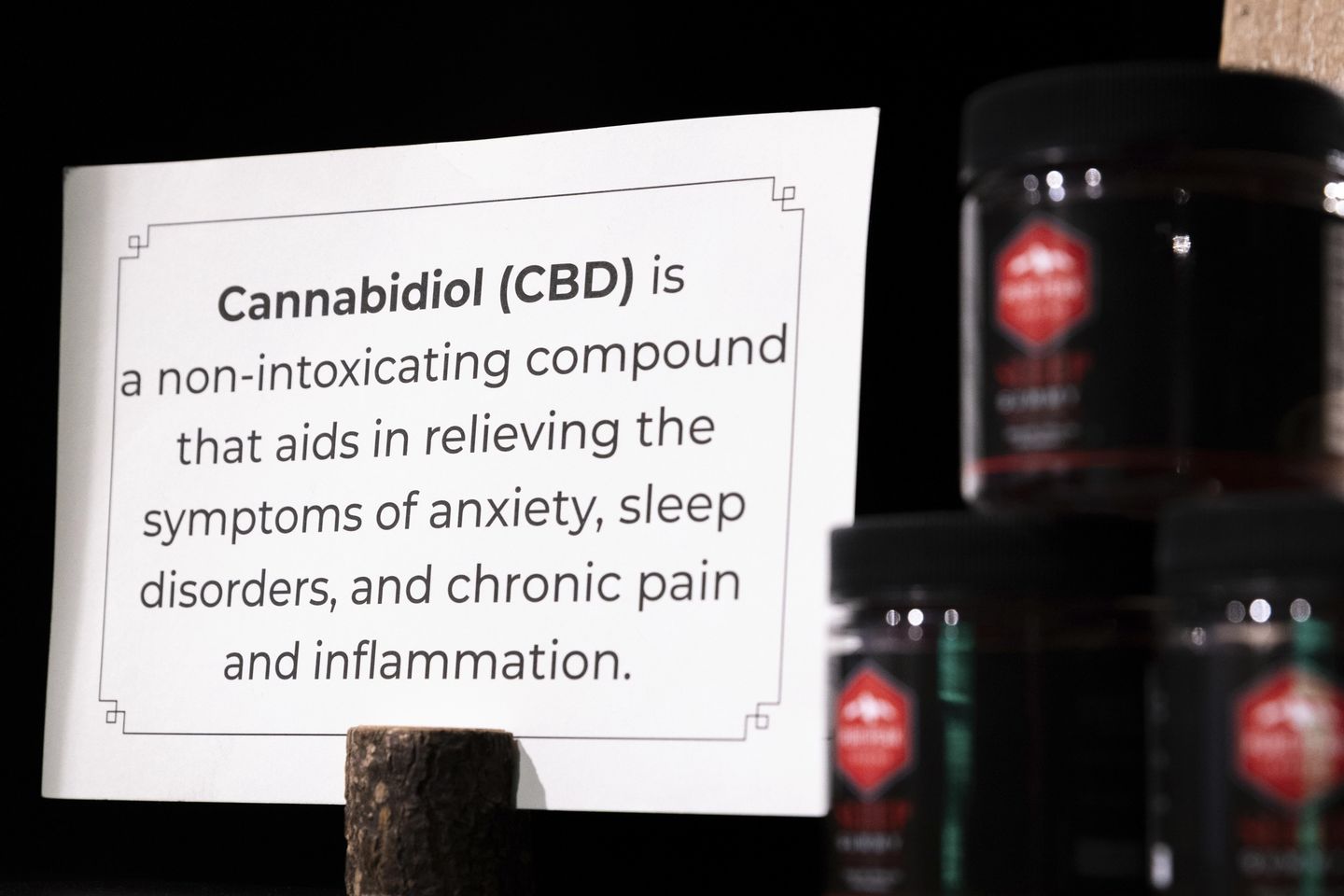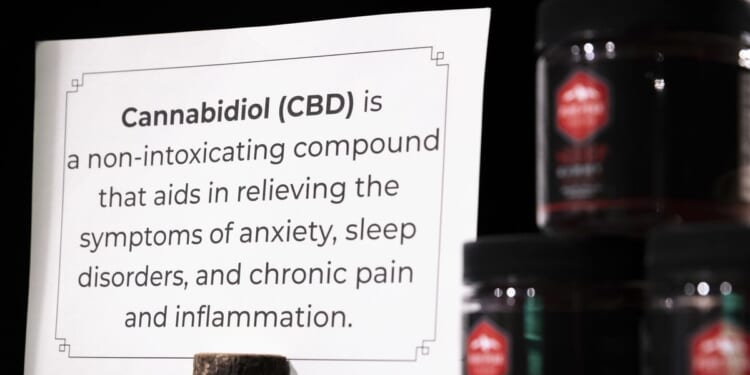
The Supreme Court announced Monday it would review a dispute between a truck driver and a company producing THC and CBD products after he lost his job over a positive drug test.
Douglas Horn and his wife sued Red Dice Holdings LLC, Medical Marijuana Inc. and Dixie Holdings LLC, which helped produce Dixie X, a hemp-based CBD supplement, after he was randomly selected for a drug test as an employee for a commercial truck driving business and tested positive.
He lost his job as a result of the positive test. Mr. Horn had been a commercial truck driver for roughly 14 years.
He used the hemp product after suffering inflammation and chronic pain stemming from a car accident after being unsatisfied with prescription medication. He said the Dixie X advertisement said it yielded 0% THC and was compliant with federal guidelines.
Mr. Horn also said in court filings he has never used marijuana.
Most of his charges against the companies — like breach of warranty and unlawful business practice claims — were dismissed in lower courts, but the 2nd U.S. Circuit Court of Appeals held that his civil liability charge under the Racketeer Influenced and Corrupt Organizations Act for lost wages could proceed.
The companies took the challenge to the Supreme Court, arguing only the 2nd and 9th Circuits have allowed RICO to apply to personal injury claims stemming from lost wages, but the 6th, 7th and 11th Circuits have not.
The issue is over personal injury claims, which the companies say most courts have limited RICO to only apply to economic or business damages — not those stemming from personal injuries, like Mr. Horn‘s personal use of a THC product.
“Commentators and courts — including the Second Circuit below — recognize this glaring split. Indeed, the Sixth and Ninth Circuits have issued warring en banc opinions on the question presented, and the Second Circuit expressly rejected other circuits’ approach. Only this Court’s intervention can resolve the divide,” the companies’ high court petition read.
“If quintessential personal injuries count as injuries to ‘business or property’ just because economic damage inevitably results, Congress’ careful limitation on civil RICO claims would be toothless. This case cleanly tees that circuit split up for resolution.”
Mr. Horn‘s lawyers urged the court not to take the case, saying the justices have routinely declined in narrowing the scope of RICO and that what the companies propose “would deny recovery whenever a personal injury exists somewhere in the chain of causation between predicate racketeering activity and an otherwise compensable business or property injury.”
It took four justices to vote in favor of reviewing the dispute for the case to get granted.
The case is Medical Marijuana Inc., Dixie Holdings LLC, AKA Dixie Elixirs, Redi Dice Holdings LLC, et. al. v. Douglas Horn.
It is expected to be argued during the court’s next term, which begins in October.












